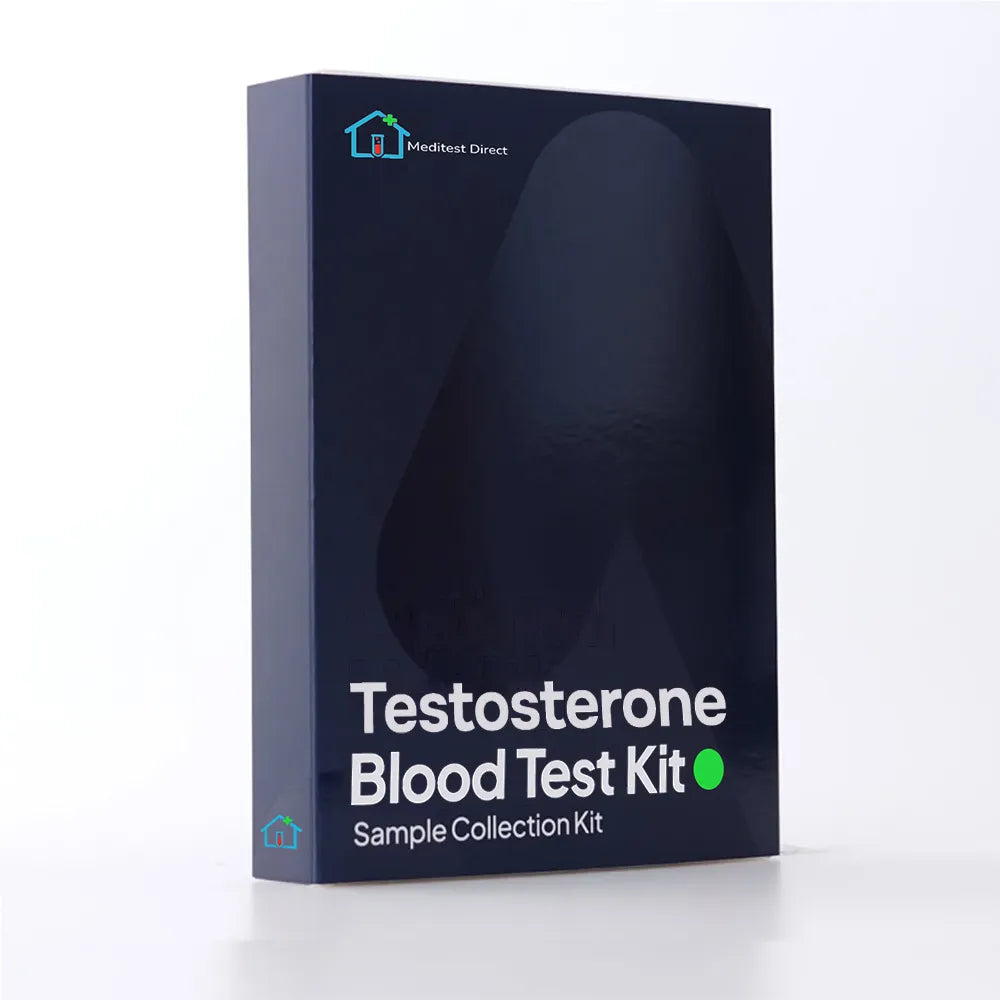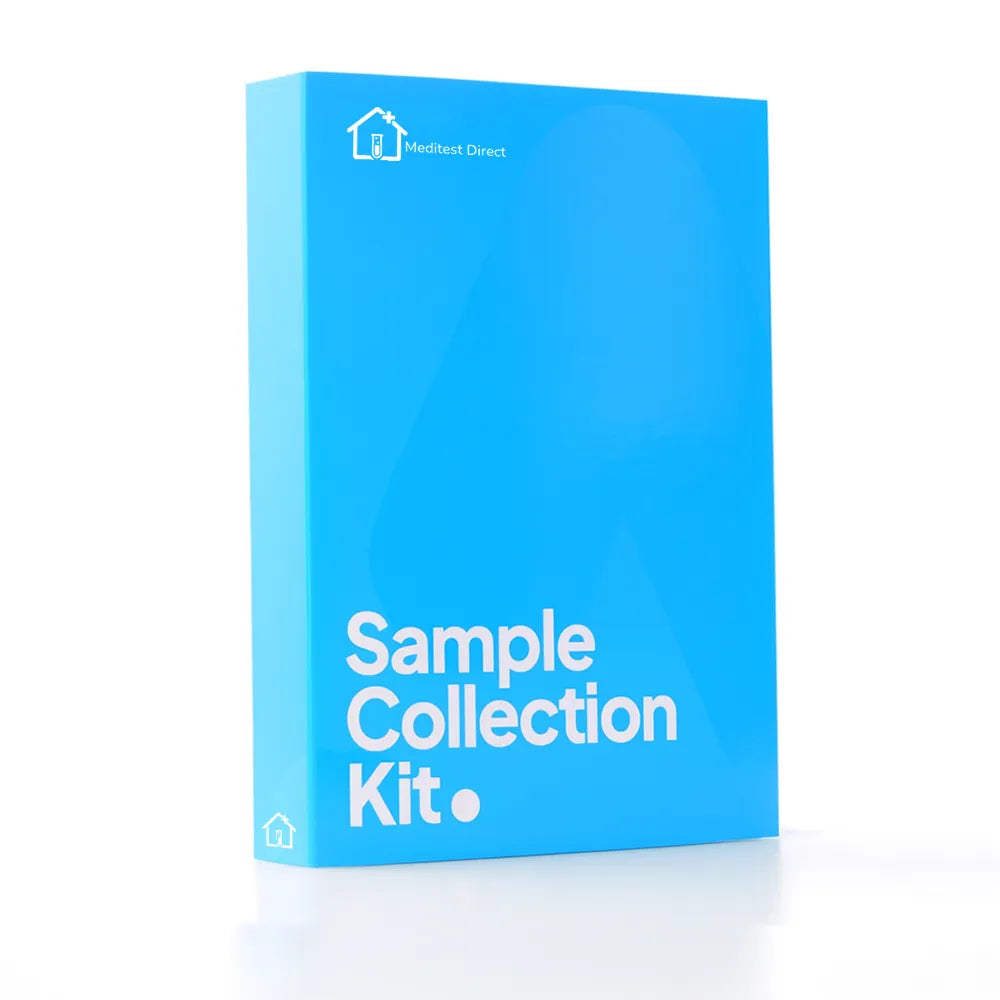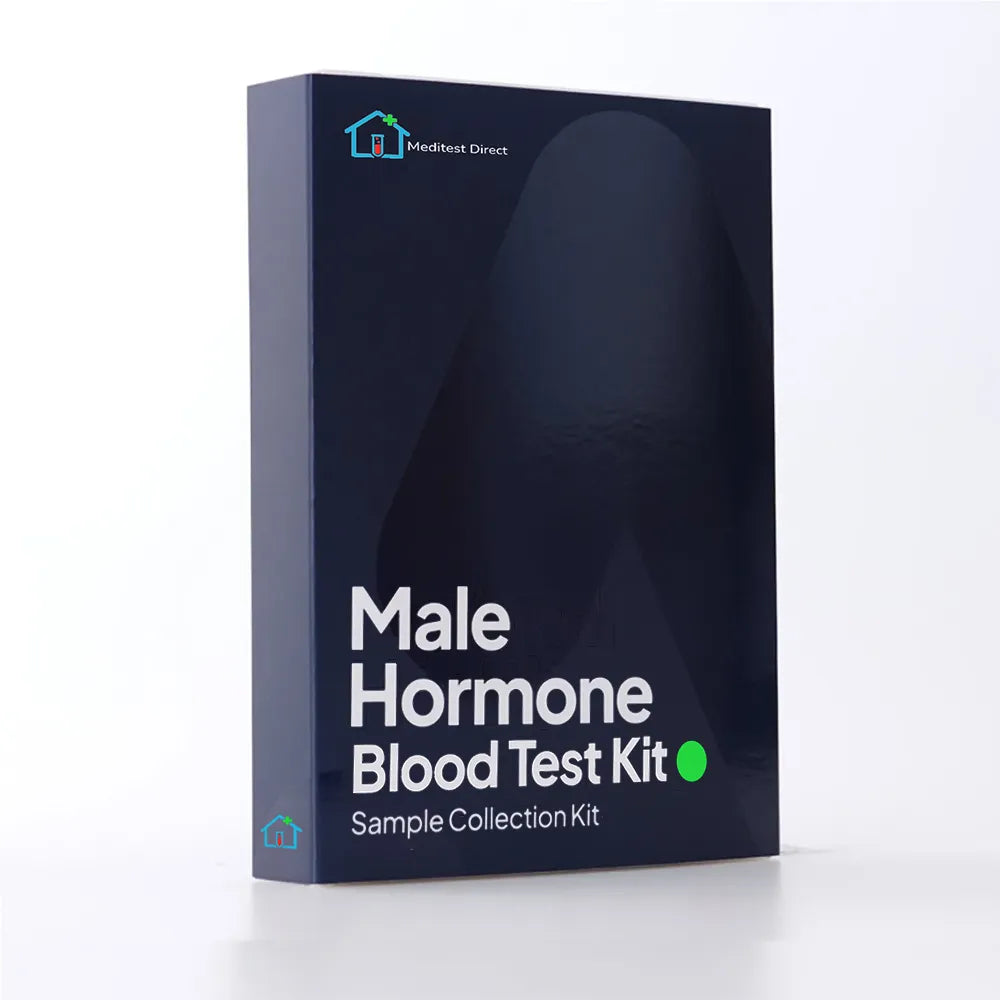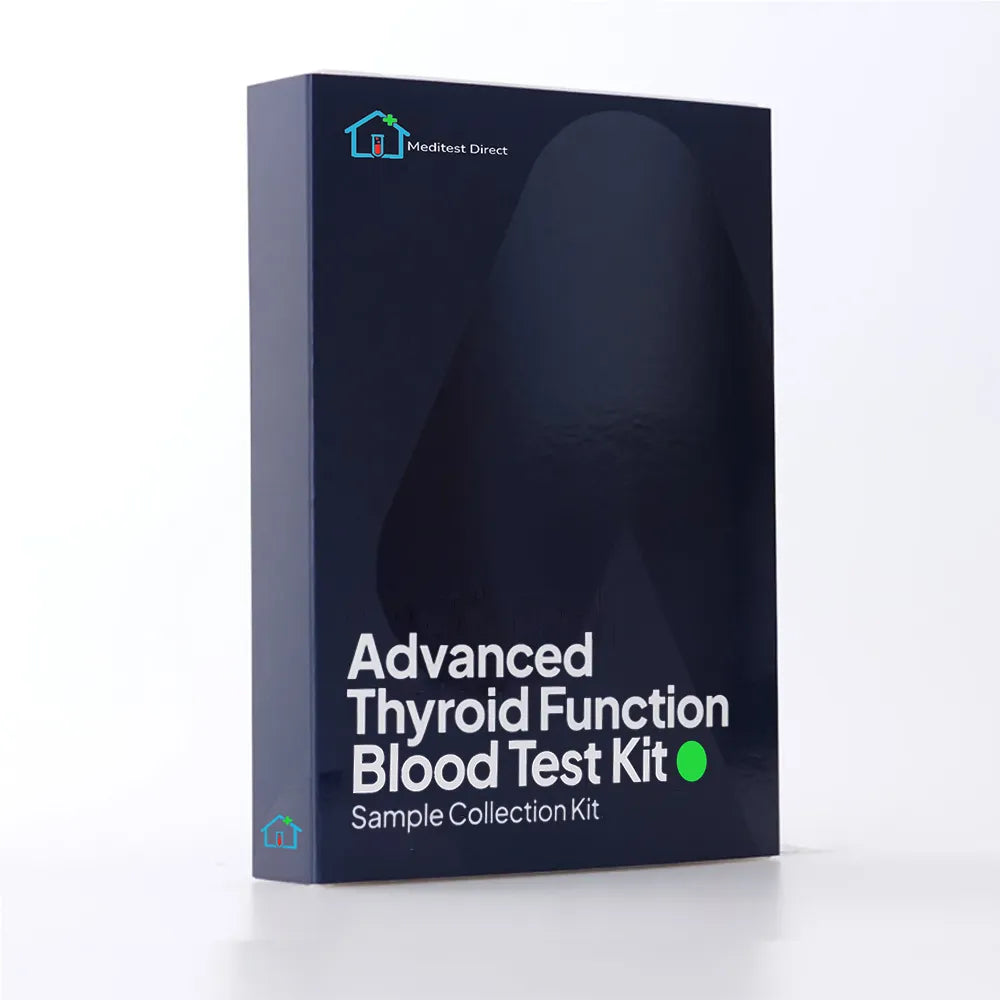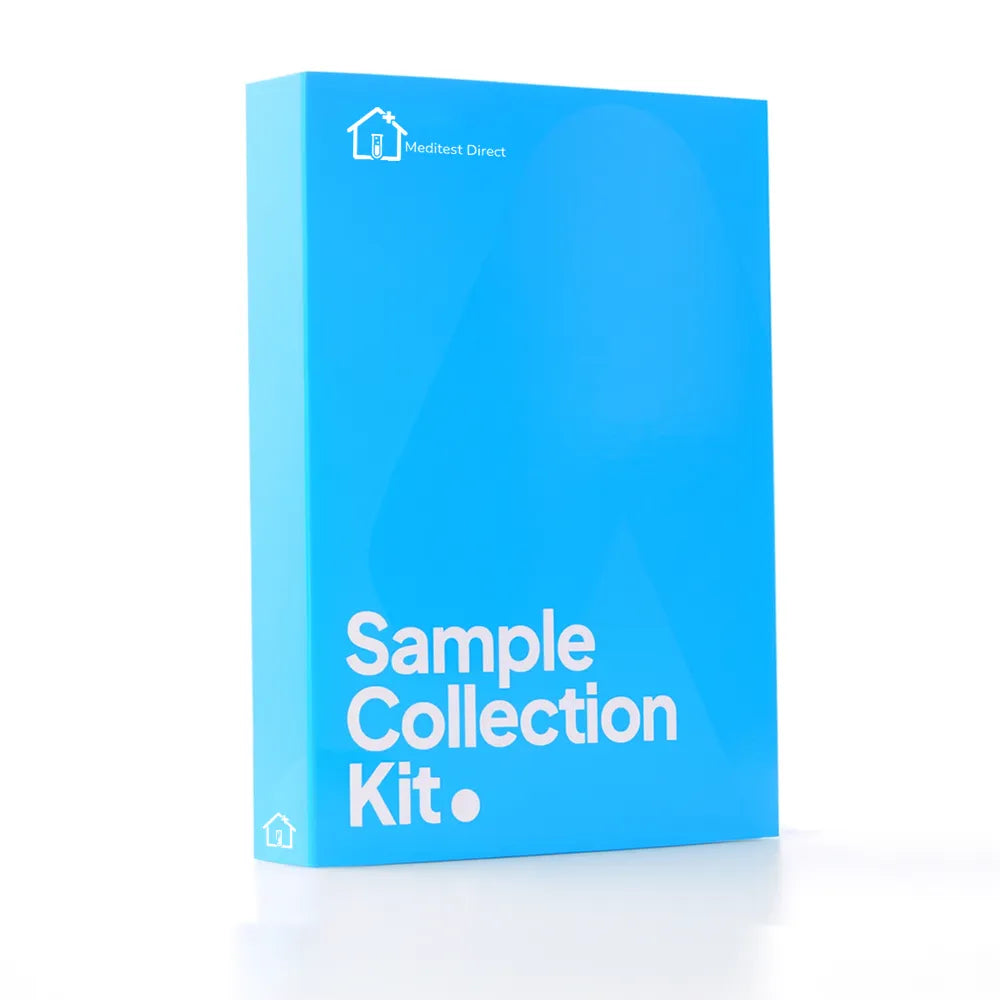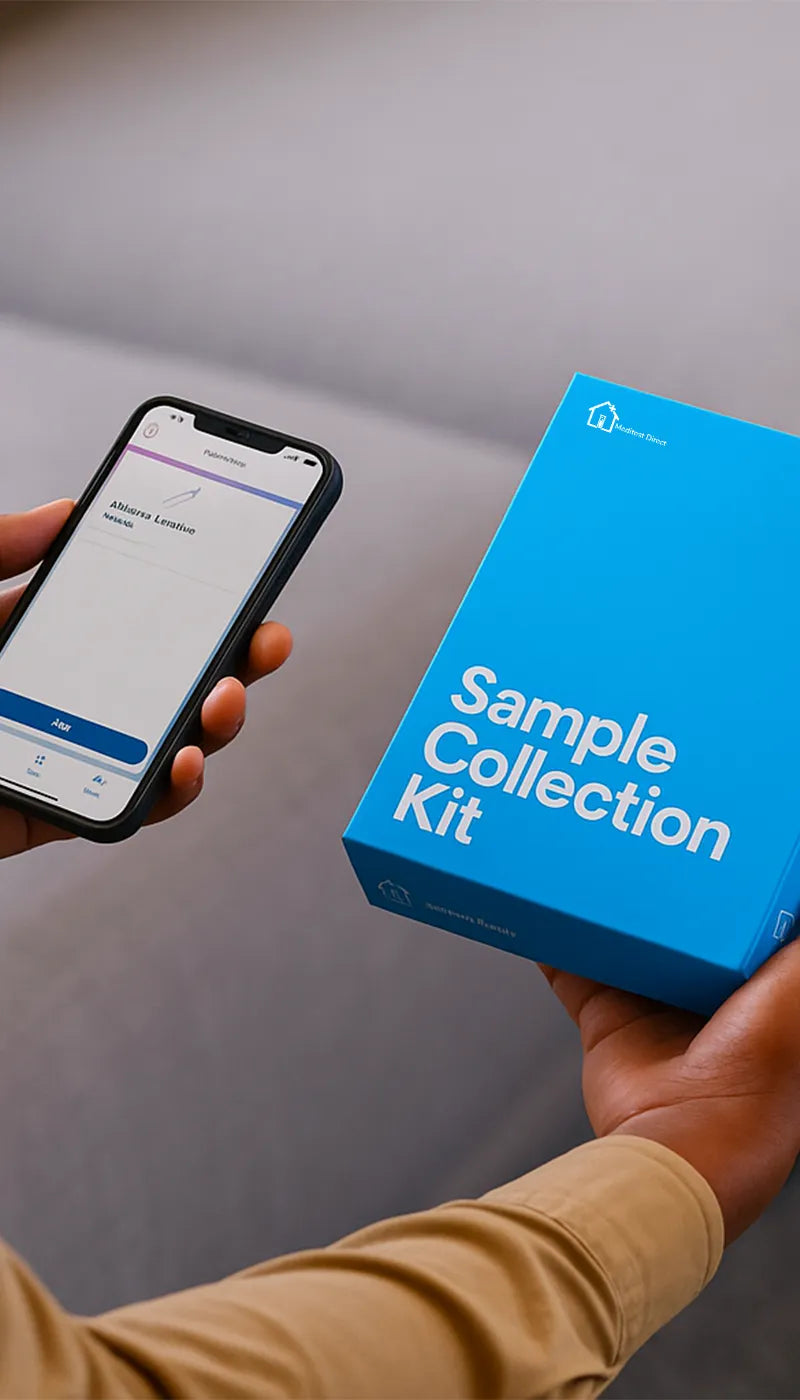This product is a home blood test kit intended to provide a broad overview of your immune system. It screens for markers that help evaluate immune strength and response, such as antibody levels and possible autoantibodies. It’s useful if you have frequent infections, autoimmunity concerns, or want to check how well your immune system is functioning.
Why choose this product
-
Helps identify whether your immune system is performing optimally or if there are signs of weakening
-
Useful for people with recurring illness, autoimmune symptoms, or those monitoring immune health over time
-
Offers early insight so you can take steps in lifestyle, nutrition, or medical check-ups
-
Comfortable home sampling with trusted laboratory immunology testing
Important information
-
A positive result for any autoantibody or elevated antibody levels does not itself diagnose a disease — it indicates immune activity that needs clinical context
-
Immune markers can fluctuate depending on recent infections, stress, or medication, so single readings should be interpreted cautiously
-
This test is for informational purposes only; abnormal results should be followed up with a healthcare professional
-
All samples are processed in immunology-certified laboratories
